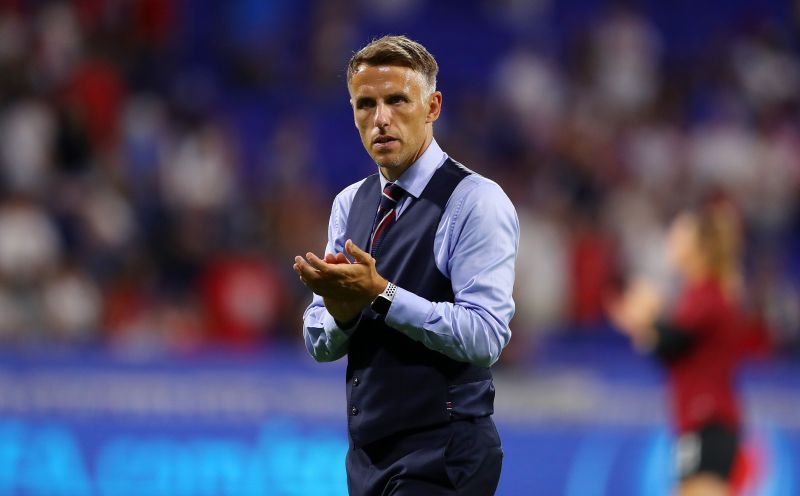
Phil Neville and the failed England experiment
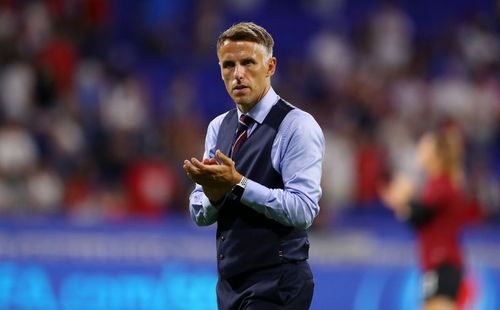
The reports emerged on St. George's Day that Phil Neville's contract as manager of the England women's team will not be renewed when it expires next summer.
With the UEFA Women's EURO 2021 finals set to be hosted in England, it seemed the perfect time to bring this particular chapter in the history of the Lionesses to a close. Neville had initially been expected to make the tournament a successful one. But a downturn in results and performances has more recently suggested otherwise.
As a result of COVID-19, the tournament will now be held in 2022, and Neville will not be the manager of the host nation when the action finally gets underway. By that time, his tenure is likely to be remembered as a period in which the team regressed from previous progress. And, reversing a concerning trend will be the primary aim of his successor.
With England qualifying automatically for the finals as hosts, it is in the interests of all parties concerned for the change to take place sooner rather than later. The team needs a new direction and vision. The long-term aim to Neville's recent short-term sacrifices has shown little reason to believe a brighter future exists under his control.
A future with no clear direction
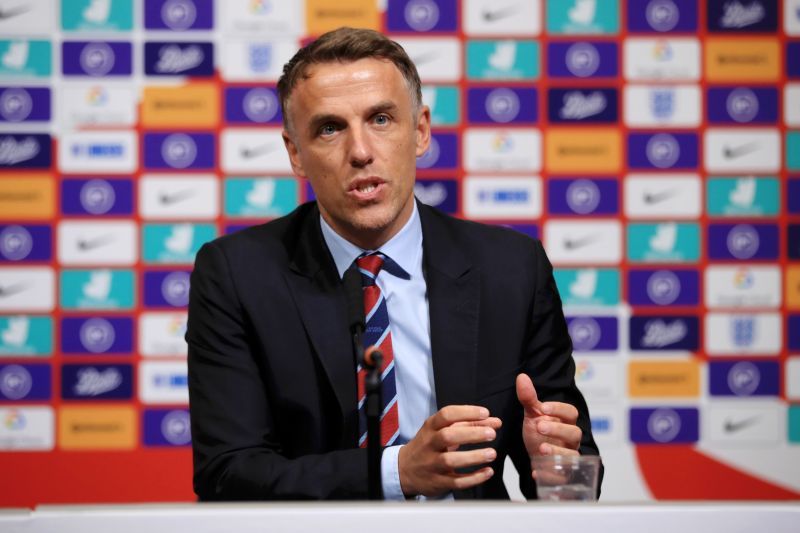
Neville has been brave in implementing change, maximising the security of his position to experiment with tactics, shapes, systems and personnel. However, putting his own stamp on the team has brought few positives. And while his words suggest he has retained faith in the long-term benefits of this approach, his body language has increasingly suggested otherwise.
His appointment was a left-field move by the Football Association in January 2018. Off the field issues had brought an end to the relatively successful tenure of predecessor Mark Sampson. As a result, the controversy that surrounded the FA and the Lionesses name at that time required a positive public relations exercise.
Neville is a high-profile figure who has represented Manchester United, Everton and England during an illustrious playing career at the highest level. His appointment, therefore, ensured that the line between the men's and women's game would become blurred in the media. Unsurprisingly, the interest generated by his appointment was unparalleled.
But make no mistake, this type of appointment was a one-off. It served a purpose for the FA at the time and proved to be a valuable addition to the wider image of the Women's Super League. It was a bold move at a pivotal time for the women's game, and it helped to repair some of the reputational damage caused by Sampson's departure.
A professional approach
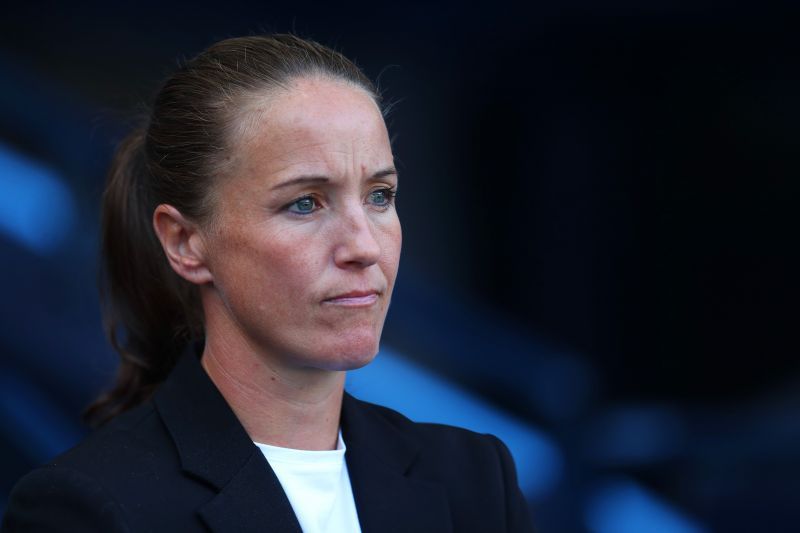
Debate raged over the decision not to appoint from within the women's game. But there was a generally positive spin to the appointment that certainly increased interest and awareness in the sport from the wider football community. Neville made a serious effort to immerse himself in the women's game, and his professional approach quickly dispelled any doubt over his commitment to the role.
He became a familiar face in the crowd at WSL fixtures around the country. Neville also brought in the support of a team of staff with experience in the women's game, rather than turn to those he had worked with in his own career. It was a sensible decision, but he soon lost the services of Casey Stoney as she was named as the manager of Manchester United.
In his first match as manager, England claimed a convincing 4-1 win over France but suffered just two defeats in the dozen games played during 2018. Qualifying for the 2019 Women's World Cup, the target was very much on achieving success in the Netherlands last summer. But the cracks in the project were beginning to show before the tournament began.
They reached the semi-finals and were defeated by eventual winners, the United States. However, England's performances received criticism from those who had witnessed the development of the team over the best part of the last decade. While Neville had ensured his side attracted a new following in the media, it was the opinion of those wise to the pre-Neville era that offered the most insight.
The relative success of Sampson
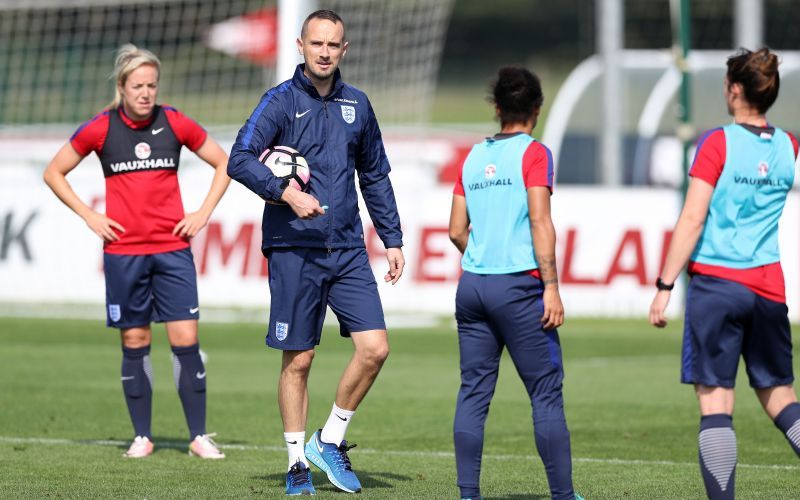
Under the management of Sampson, the Lionesses had taken some significant strides forward with the team to move them up to the level that Neville inherited. Finishing third at the 2015 Women's World Cup was seen as a major celebration. And, the tournament was a catalyst for a new era of professionalism that would enter the domestic women's game.
The difference between the England inherited by Sampson and Neville was the room available to improve. Sampson made an immediate impression upon replacing Hope Powell, who had been in the position for the previous 15-years. He offered a new voice and direction to a culture that had become stale through familiarity.
Following his appointment in 2013, the standard and professionalism improved in conjunction with the development of the domestic game. Sampson was not only taking England forward on the crest of a wave, he was leading it. The support of the FA assured a continued rise for the team under his control. Consequently, they emerged as a leading nation in the women's game by the time of his controversial exit.
But while Sampson had the sky to aim for, Neville inherited a team that were already close the ceiling of the women's game. The United States remained the flagship nation for women's football. But while the ambition was always to move above them in the established order, such a prospect was never likely to happen as quickly as his ambition suggested.
Under-performing
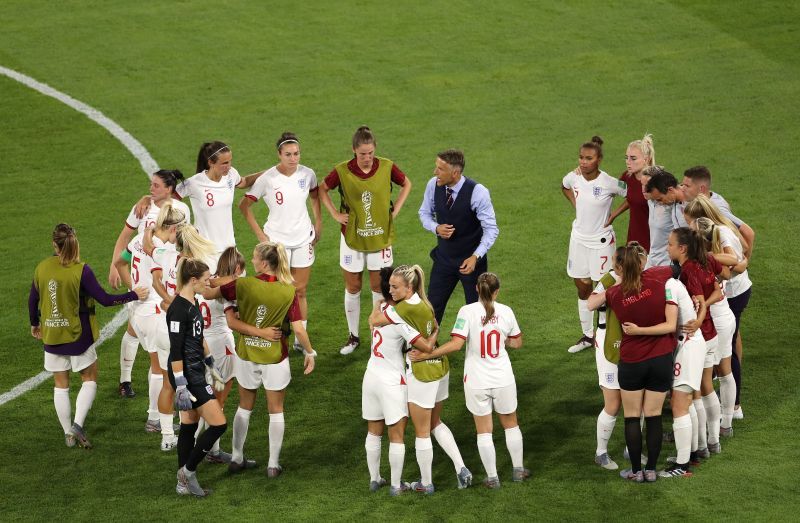
Neville announced himself to the women's game with a bold ambition. While it was the United States that eventually ended his World Cup dream, he can take positives from his tenure up until that point. He will leave certain aspects of the Lionesses in better shape than when he arrived, such was the level of professionalism he was accustomed to. And there certainly are new foundations to build upon.
However, three wins from their last 11 games has shown just how much Neville has struggled in recent months. He has expressed that results and performances have been a consequence of a wider plan to experiment with players in different positions and work on new ideas. However, the lack of application has proved particularly concerning.
For such changes to work, the players must believe in the process as much as the manager, but results are key in developing the required trust. With no obvious improvement, belief in the direction that Neville is currently taking the team is clearly beginning to wane. Reversing that requires drastic action.
The COVID-19 crisis has changed the shape of the upcoming football calendar, and it has offered an opportunity for the FA to start planning for the next stage of the Lionesses project. With just over two years to prepare for the next major tournament, a clear plan must now be implemented, and the right person to take it forward must be appointed.
Hosting the finals of the Women's EURO is an achievement that will attract increased interest in the FA and the fortunes of the England team when it comes around. A strong display at the finals is vital in order to continue to strengthen the commercial growth of the women's game. This is especially important considering the fact that the current situation is bringing huge pressure on clubs to maintain their current status.
Right appointment
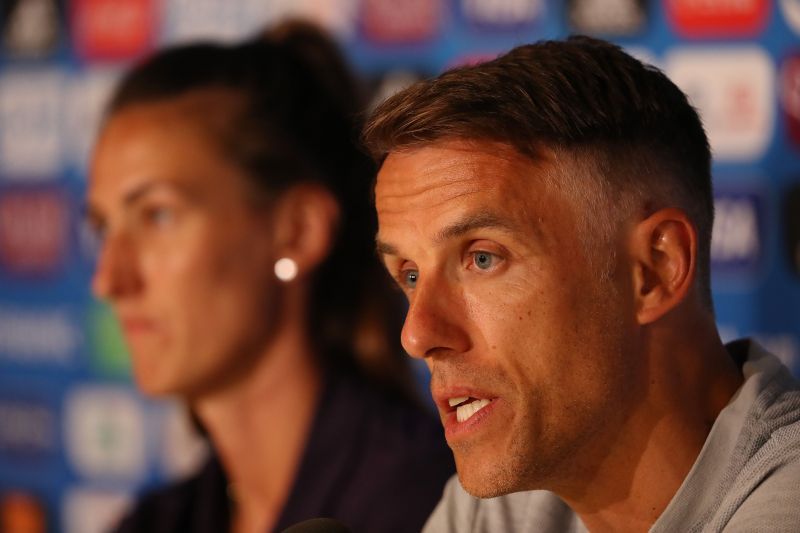
It will not be an easy job, managing England at any level never is, but the current need for change will make the transition easier at the present time. Neville and the FA took a brave step into the unknown in January 2018. But the sporting merits of his tenure ultimately failed to match the profile of his appointment.
The FA must now appoint a proven figure in the women's game ahead of the EURO finals in 2022. The future of the women's game at every level depends upon them making the right choice. They have the financial backing to invest in the very best, and that is crucial for what will now be the most important appointment in the history of the Lionesses.